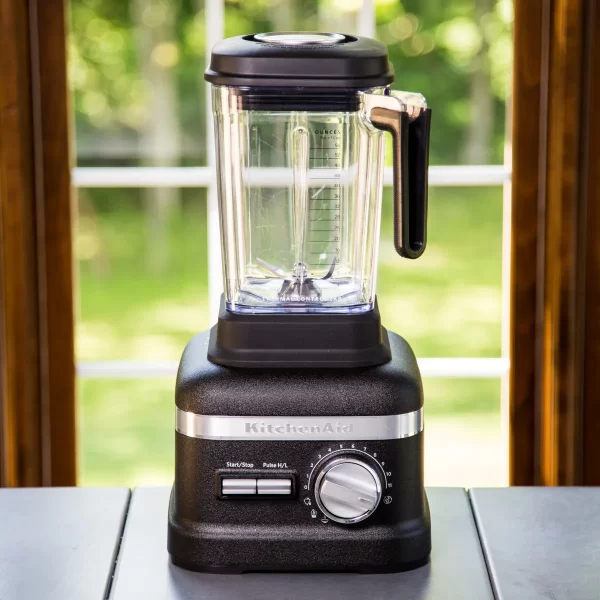
Microwave ovens have become a staple in modern kitchens, offering convenience and speed in meal preparation. Despite their widespread use, some people still refuse to own a microwave oven. This article delves into the reasons behind this choice, exploring concerns related to health, nutrition, taste, the environment, and lifestyle preferences.
Health Concerns
Understanding Microwave Radiation
Microwave ovens use electromagnetic radiation to heat food, a concept that can be alarming to some people. This fear stems from the association of the word “radiation” with harmful effects, even though the type of radiation used in microwaves is non-ionizing and considered safe for use in cooking.
Studies and Scientific Opinions
Extensive research has shown that microwave ovens, when used according to manufacturer guidelines, do not pose significant health risks. Regulatory bodies like the FDA ensure that microwaves are safe for household use. However, the lingering fear of radiation exposure keeps some individuals from embracing this technology.
Nutritional Value
Impact on Food Quality
One common concern is that microwaving food may lead to a loss of nutrients. While it is true that some nutrients can be lost during cooking, this happens with all cooking methods, not just microwaving. However, some people believe that traditional cooking methods, like steaming or boiling, better preserve the nutritional content of food.
Preference for Traditional Cooking
Many individuals prefer traditional cooking methods, believing they offer better control over the nutritional quality of their meals. This preference can be influenced by cultural practices and personal experiences, leading some to refuse to own a microwave oven in favor of conventional cooking techniques.
Taste and Texture
Texture and Flavor Differences
Microwaving can alter the texture and flavor of food, often in ways that some people find unappealing. For example, bread can become chewy and vegetables may lose their crispness. These changes in food quality can be off-putting to those who prioritize taste and texture in their meals.
Culinary Enthusiasts’ Views
Many chefs and culinary enthusiasts argue that microwave ovens cannot replicate the depth of flavor and texture achieved through traditional cooking methods. They prefer using stoves, ovens, and other appliances to prepare food, believing these methods enhance the overall dining experience.
Environmental Concerns
Comparing Energy Use
Microwave ovens are often perceived as energy-efficient because they cook food quickly. However, the energy consumption of a microwave can vary depending on usage patterns. Some people believe that using a microwave frequently can contribute to higher energy consumption compared to other cooking methods.
Reducing Carbon Footprint
For those committed to reducing their carbon footprint, minimizing the use of appliances, including microwaves, is a step toward a more eco-friendly lifestyle. By choosing cooking methods perceived as more energy-efficient and environmentally friendly, these individuals feel they are making a positive impact.
Minimalist Lifestyle
Reducing Clutter
In the pursuit of a minimalist lifestyle, some people choose to eliminate unnecessary appliances from their homes. A microwave oven, while convenient, is seen as a non-essential item that can add clutter to the kitchen. They maintain a simpler, more streamlined living space by refusing to own a microwave.
Embracing Slow Living
The slow living movement emphasizes taking time to enjoy life’s simple pleasures, including cooking. Preparing meals without the aid of a microwave can be a more mindful and enjoyable process, aligning with the values of those who prefer to take a slower, more deliberate approach to daily activities.
Conclusion
While microwave ovens offer undeniable convenience and professional appliance repair there are several reasons why some people still refuse to own one. Health concerns, nutritional value, taste, and texture, environmental impact, and lifestyle choices all play a role in this decision. Ultimately, the choice to use or avoid a microwave oven is deeply personal, reflecting individual values and priorities.
FAQs
Are microwave ovens harmful to health?
No, microwave ovens are not harmful to health when used correctly. They use non-ionizing radiation, which is safe for cooking food. Regulatory bodies like the FDA ensure that microwaves meet safety standards.
Do microwaves destroy nutrients in food?
Microwaving can cause some nutrient loss, but this happens with all cooking methods. In some cases, microwaving can preserve nutrients better than other methods because of the shorter cooking time.
Can food taste better when cooked without a microwave?
Yes, many people believe that food tastes better when cooked using traditional methods. Microwaving can alter the texture and flavor of food, which some find unappealing.









